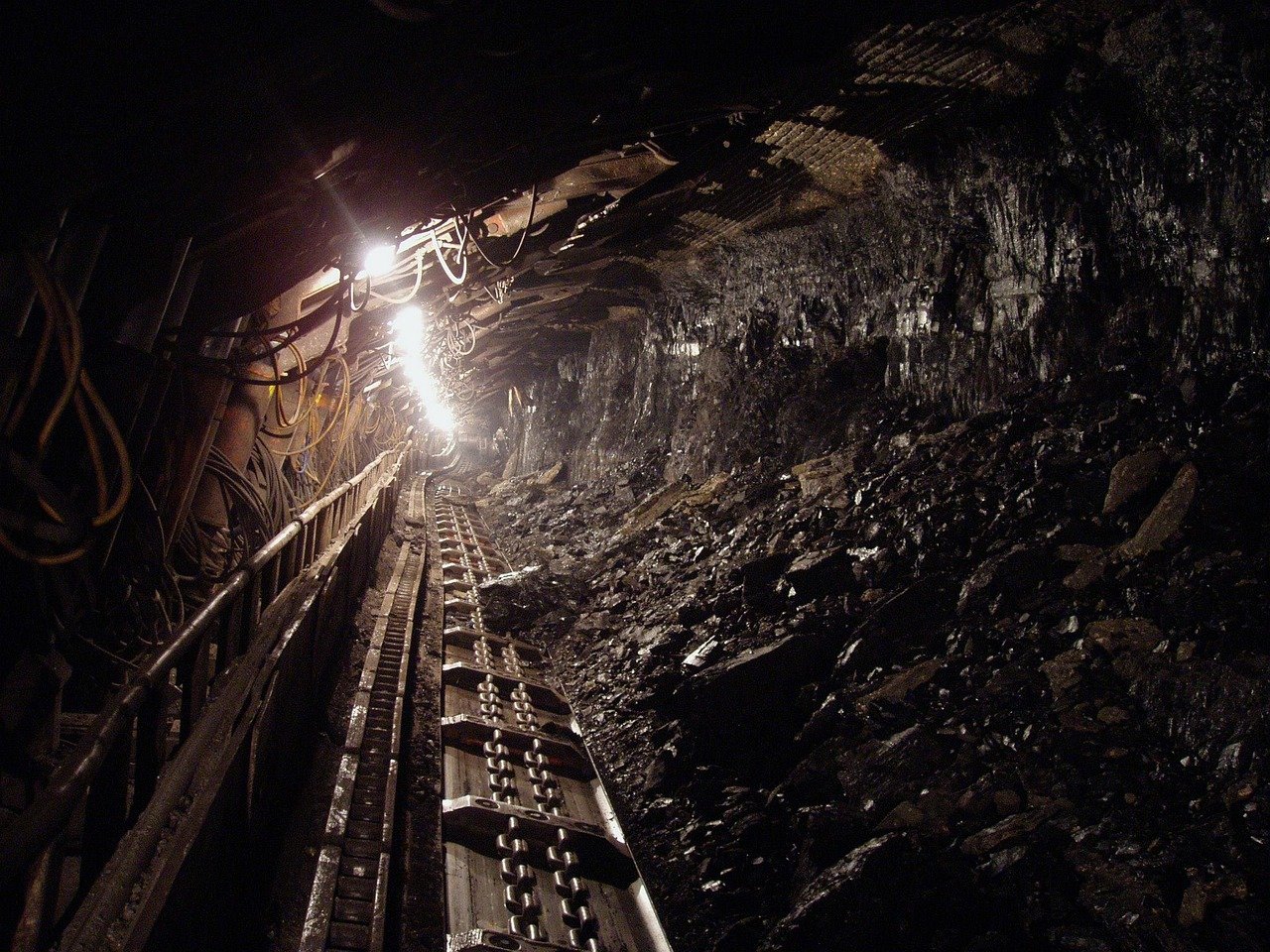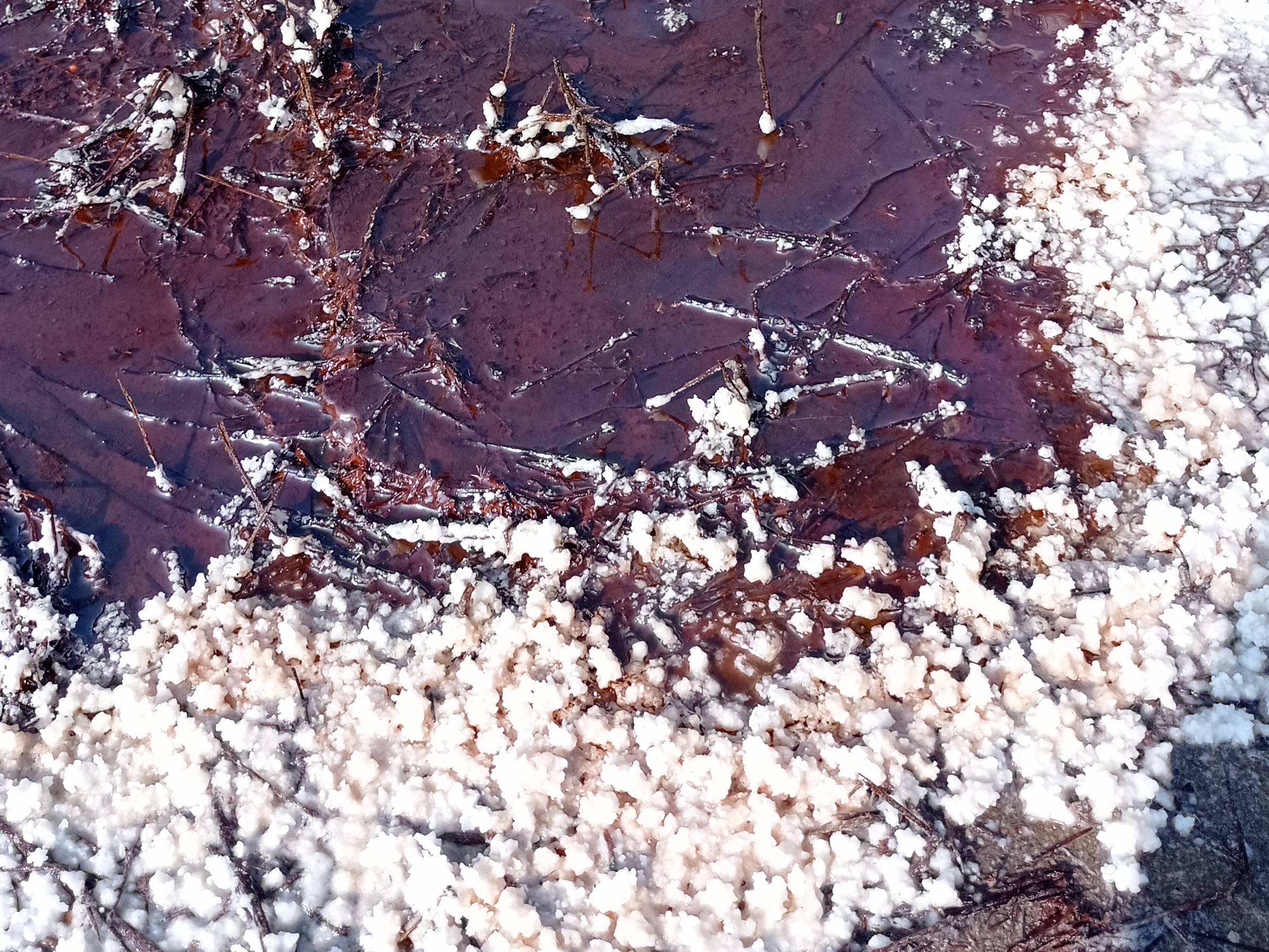Who we are
Culture Collection of Extremophiles is maintained by the Department of Microbiology, the youngest and the smallest of the departments of the Institute of Biology and Ecology at the Faculty of Sciences of Pavol Jozef Safarik University in Kosice (Slovakia).
The department offers several microbiology related courses in education (e.g., Molecular Biology, General Microbiology and Virology, Gene Manipulations, Bioinformatics, Applied Microbiology, Environmental Microbiology) as parts of B.Sc., M.Sc. and PhD programs as well as graduation projects designed to provide a strong grounding and hands-on experience in microbial research. To increase the learning process, students also have the opportunity to visit health-care and molecular biology laboratories, as well as the industrial and food companies.
Research interests
The department was founded in 2015 and since the beginning its research interests have focused on fundamental and applied environmental microbiology.
Research in this area covers two main topics – genetic ecology and biology of extremophilic bacteria. To provide more insights into molecular biology, ecology, biodiversity, taxonomy and various aspects of microbial biology, we use a combination of traditional cultivation-based microbiological methods and modern molecular approaches including genomics, metagenomics, and proteomics.


Over the last years, many extremophilic and extremotolerant bacteria from various extreme environments have been collected and characterized by our research group and this collection is constantly growing.
